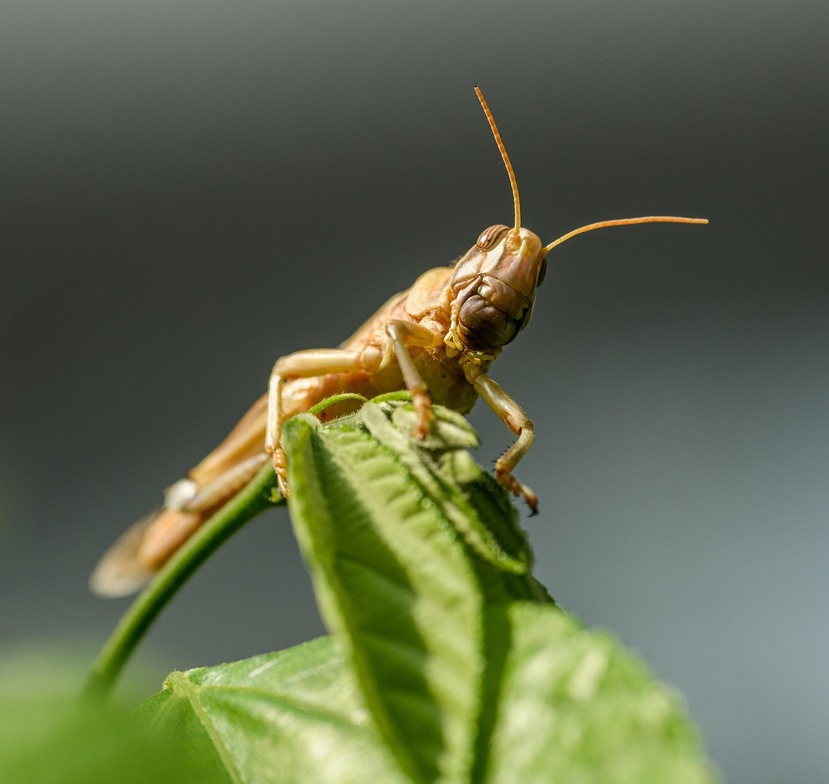
October is a time of harvest, a time when we turn to God in thanksgiving for God’s bounty. It’s appropriate, then, that one of the daily lectionary readings for today comes from Psalm 65, a paean to God’s provision through the natural world. Listen to these selections from the psalm:
You visit the earth and water it;
you greatly enrich it;
the river of God is full of water;
you provide the people with grain,
for so you have prepared it (v. 9).
You crown the year with your bounty;
your wagon tracks overflow with richness.
The pastures of the wilderness overflow;
the hills gird themselves with joy;
the meadows clothe themselves with flocks;
the valleys deck themselves with grain;
they shout and sing together for joy (vv. 11–13).
The psalmist extols God as the provider of agricultural bounty. For the ancient Israelites, who did not have a well-developed idea of an afterlife, material blessings such as rivers full of water and valleys decked with grain were the greatest evidence of God’s loving care for the people. God could be counted on to keep the natural world running, to keep the blessings flowing, and the appropriate response was worship, praise, and thanksgiving.
But sometimes things went haywire, and you had a situation like what we see in the first chapter of Joel. This prophetic book was written in the wake of a devastating invasion of locusts:
What the cutting locust left,
the swarming locust has eaten;
what the swarming locust left,
the hopping locust has eaten;
and what the hopping locust left,
the destroying locust has eaten (v. 4).
In a context in which agricultural blessings were seen as the pinnacle of God’s providence and the farmers’ yield was essential to life, it would have been easy to conclude that a catastrophe of these proportions must indicate that God was displeased with the people and had sent the locusts as a punishment for sin. That’s why the prophet calls on the people to:
Consecrate a fast;
call a solemn assembly.
Gather the elders
and all the inhabitants of the land
to the house of the Lord your God,
and cry out to the Lord (v. 14).
We can take a lesson from this response. In the midst of plenty, the psalmist looks to God as the giver of the blessings. In the disastrous circumstances of the locust infestation, the prophet looks to God as the one who can heal the land and restore abundance. In other words, whether in good times or bad, the writers encouraged the people to turn to God. Joel says, “To you, O Lord, I cry” (v. 19).
In our lives, too, we have times of abundance and fallow periods. And sometimes the circumstances of life come at us so fast and hard that it feels like the utter devastation of an invasion of locusts. Unlike Joel, I do not believe that God sends us trials or disasters to punish us or to test our faith, but I do believe that when these things come they can serve as a test of our faith and devotion. When the wind turns against us, when the rain doesn’t come but the locusts do, will we curse God, or will we turn to God in the trust and confidence that God is always on our side? Will we assume that we are on our own in the universe, or will we continue to seek God, saying that “praise is due to you, O God…O you who answer prayer!” (Ps 65:1–2)? Will we recognize God as the “God of our salvation” (Ps 65:5), or will we lose hope?
The locusts have come into our lives and are devouring every green thing. Political turmoil, senseless violence, and grave injustices threaten us on every side. We have a choice how to respond. As for me, “To you, O Lord, I cry!” How about you?

